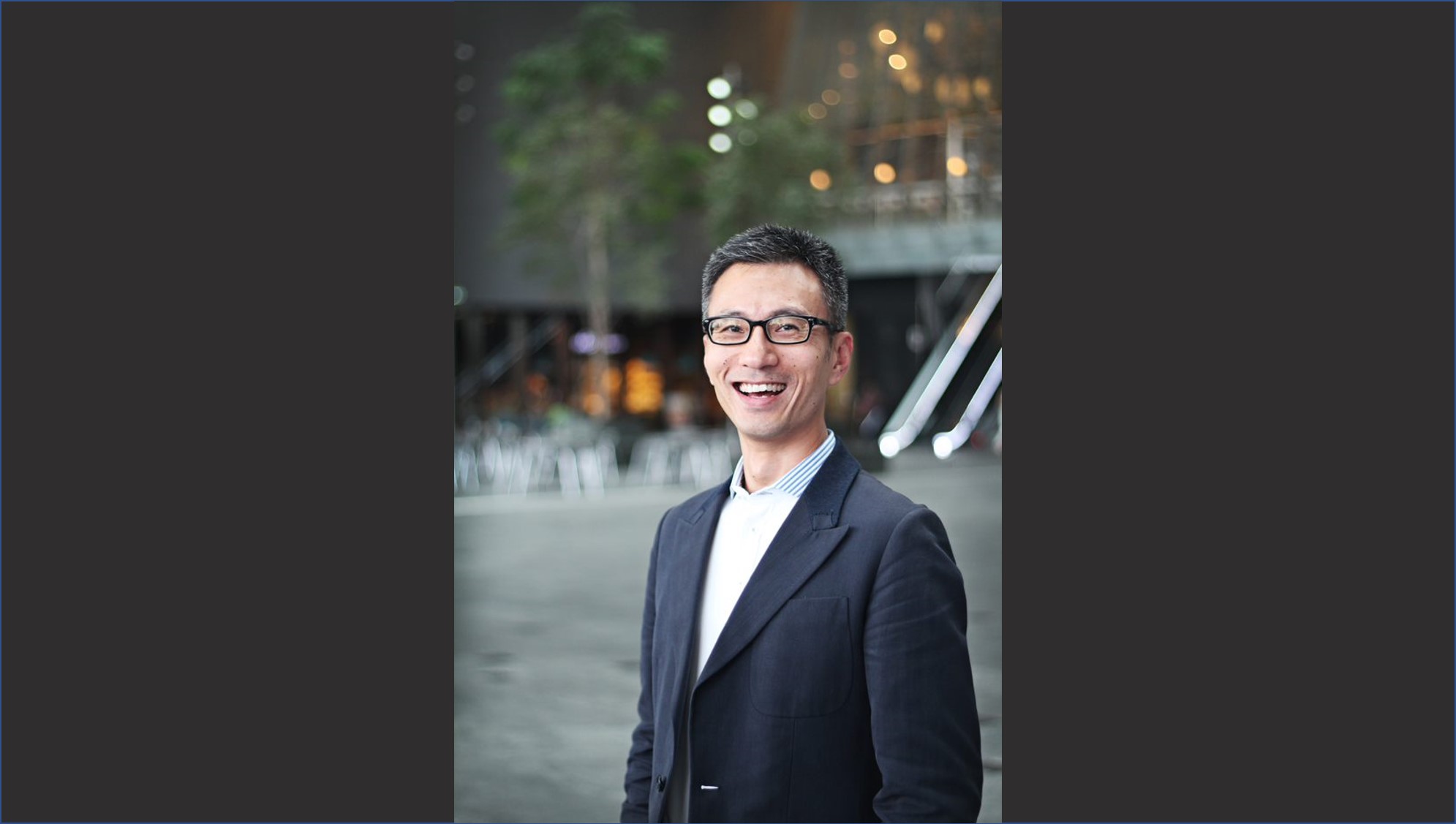Cultivating a Highly Engaged Workforce
Managing the mindsets of leaders is key to engaging staff, according to Mr Calvin Yeo, Principal Consultant at learning & development consultancy ROHEI.
07 Oct 2019 Interviews Future of work

Mr Yeo specialises in conducting training to facilitate the development of leaders and culture of trust in organisations.
Q: At the Conference for Fair and Progressive Practices 2018, you spoke about the importance of leaders walking the talk in terms of cultivating their desired workplace culture. For the benefit of those who were not at the conference, please tell us more about the plenary session.
At the session, there was a consensus that an effective leader is one who not only cares deeply for his people but is also able to push for excellence. Such leadership is known as relational leadership – it ensures that both people and results are taken care of, which is key in building a culture of trust and cultivating an engaged workforce.
Q: In your opinion, why are employee engagement and training important in this digital age?
The accelerated rate of change in this digital age, coupled with industry and business transformation, is causing discomfort, anxiety and even fear amongst the workforce. Therefore, employee engagement is crucial in helping team members feel like they are an important part of the organisation. Engagement strengthens understanding, respect, trust and relationships among team members. This enables employees to put forth their best contributions and efforts daily, and creates a ‘positive-energy’ environment that is more open, productive, creative and resilient.
With jobs transforming in this digital age, training provides team members with the skills necessary to enhance their contributions to the organisation and also improve their continuing employability. Training also allays employees’ anxieties about being left behind and empowers them to broaden their work horizons. Both employee engagement and training, supported by relational leadership, contribute to building a culture of high trust and high performance.
Q: Share with us ROHEI’s culture and HR practices. How do they lead to a happy workplace with better business outputs?
ROHEI’s culture of trust provides an environment where team members feel safe to share ideas, learn from mistakes, show appreciation and give feedback to anyone in the organisation regardless of seniority. This enables our team to constantly improve and generate fresh ideas. Long-term clients notice and appreciate our continual enhancements and are inspired to develop a culture where ‘feedback is a gift’!
Our joy comes from working as a team, valuing every member, and helping one another to grow and succeed. Our apprenticeship approach of ‘walking the talk’ and ‘guiding the learning’ helps us realise this. We place great importance in engaging people holistically, and this commitment is founded on the belief that each individual can make meaningful contributions to the workplace.
Q: As a consultant, you interact with many organisations. Tell us about an organisation that left a strong impression on you in terms of its culture and employee engagement.
I facilitated a workshop for an organisation’s leadership team that was facing issues due to infighting and mistrust. Through ROHEI’s experiential activity and dialogue, the leaders became self-aware of their misperceptions of one another and spoke openly about their issues whilst withholding judgment. They eventually reconciled their relationships by apologising and showing appreciation for each other.
This then led to the leader’s adopting a new relational way of engaging one another, where ‘empathy & care’ is coupled with ‘challenge & support’. They were intentional about putting people top of mind, and this led to them winning in both relationships and performance results.
Q: What do you enjoy most about your job?
I love helping others experience transformation in themselves and seeing them go on to become ‘thermostats’ that influence the climate or culture of their companies. I also enjoy seeing how people, during their transformations, discover their potential and purpose in life, so that their work becomes more fruitful and fulfilling!
This article first appeared in the July – September 2018 issue of Upbeat.
